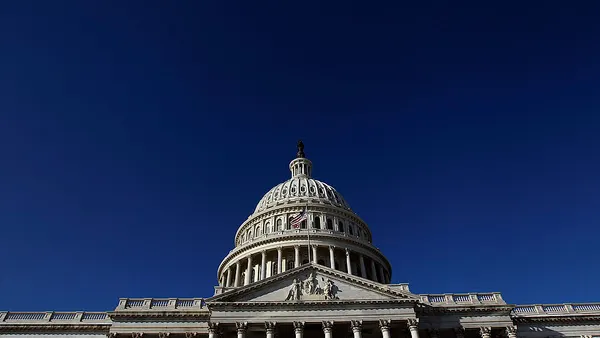Dive Brief:
- The Affordable Care Act has grown enrollment in Medi-Cal, California's Medicaid plan, to 9.4 million individuals, with an expected 11.5 million enrollees in 2015. The California Healthcare Foundation recently released a report questioning if there will be a sufficient number of physicians to care for these patients in the coming years.
- The federal government recommends there be 70 full-time physicians per 100,000 Medi-Cal enrollees to treat the population effectively. In California, the number is 42 for every 100,000. 69% of all physicians in the state accept Medi-Cal. The most likely physicians to accept the payer are obstetricians/gynecologists at 76%.
- Nearly all community health centers and clinics take Medi-Cal patients, but only 54% of solo practices participate in the program. The study's authors question whether or not enrollees will be able to receive sufficient primary care as their numbers continue to increase.
Dive Insight:
Industry analysts anticipated that the increase in Medicaid enrollment would cause a shortage of primary care providers treating enrollees. To stem the problem, approximately $11 billion was allotted in the Affordable Care Act to expand capacity and supplement operations at clinics and federally qualified health centers across the country. Money was also set aside in the ACA to train new physicians and create incentives for them to work in primary care in underserved areas.
There is still expected to be a shortage of primary care options for Medicaid patients across the country. Some options for lessening the scarcity include expanding the scope of practice of physician extenders like nurse practitioners, increasing Medicaid reimbursements and assigning new Medicaid patients to designated providers.
Want to read more? You might enjoy this story about University of California, Davis' decision to fast track some primary care med students.













